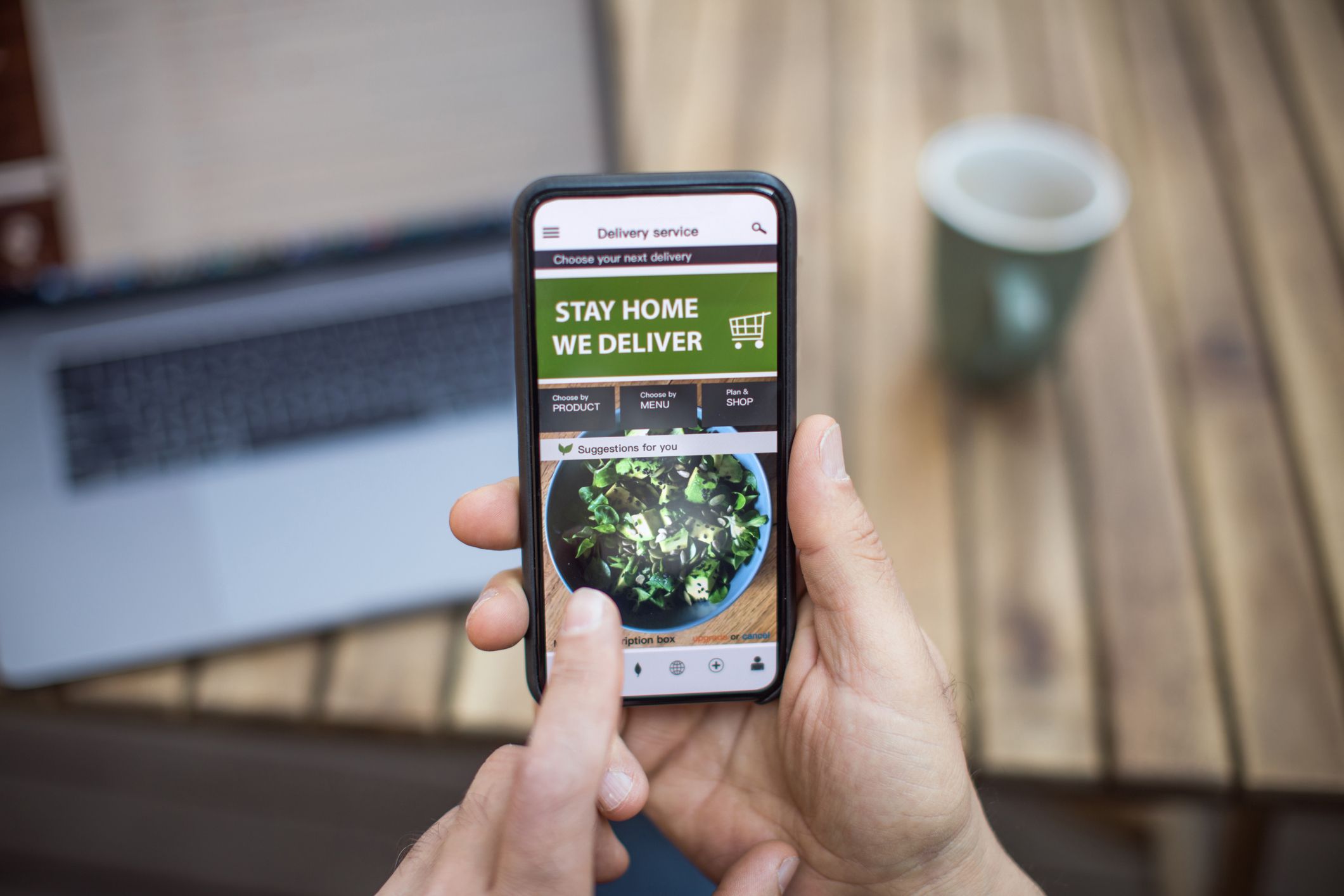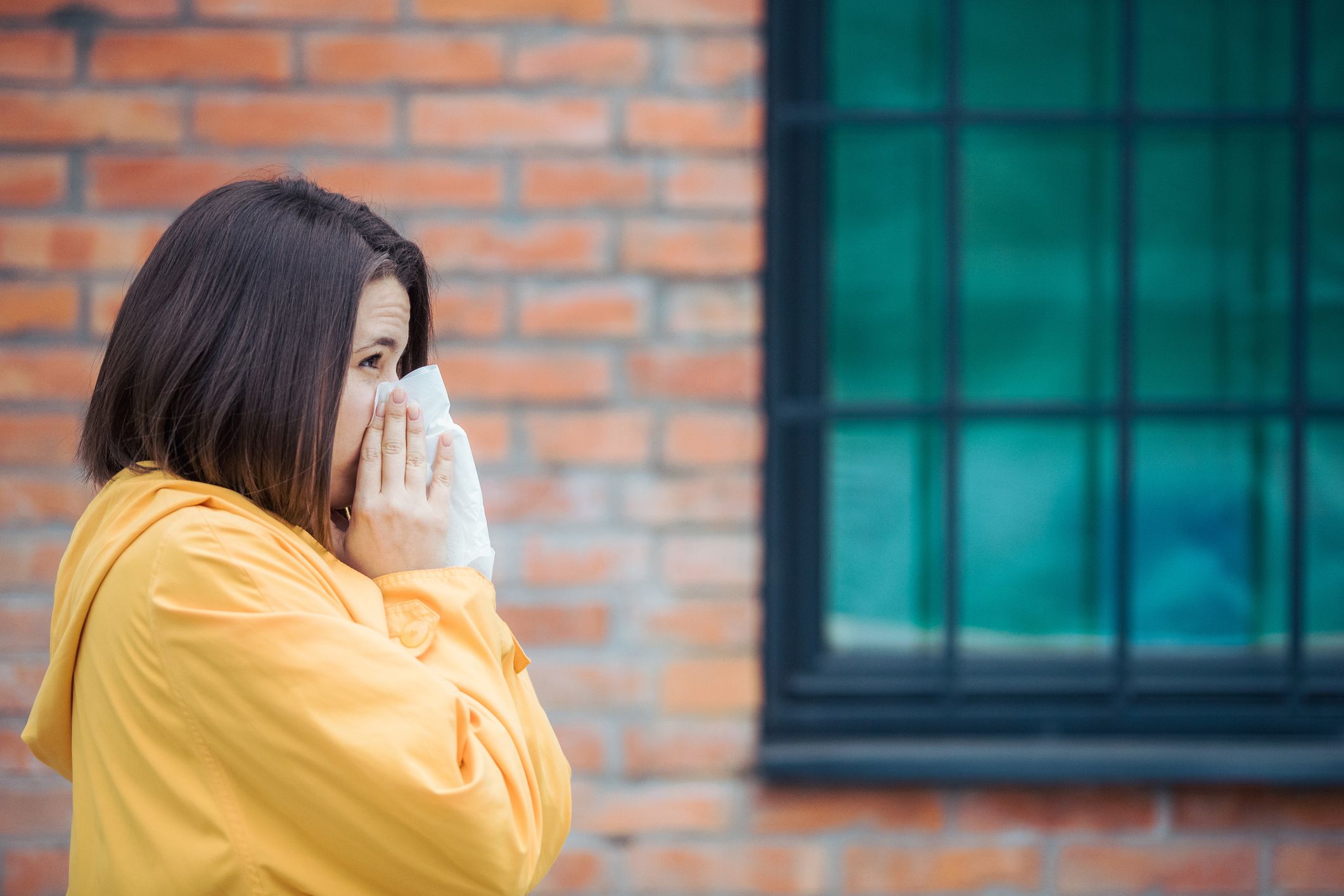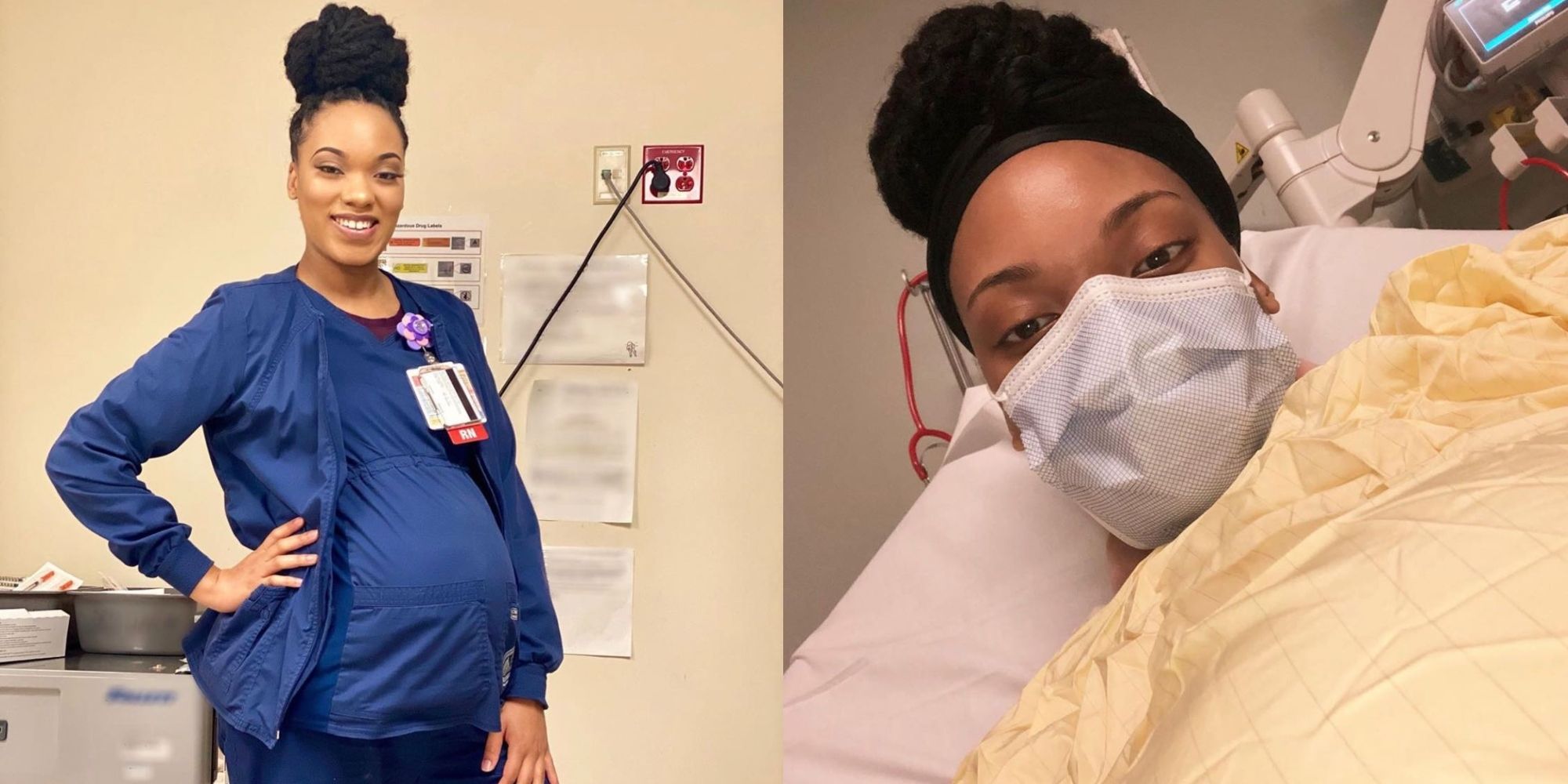- Some meat plants in the U.S. have been forced to close due to COVID-19 outbreaks.
- These closures have led to concerns over food safety and meat shortages in the U.S.
- You’re unlikely to contract COVID-19 through contaminated meat or packaging, and it’s unnecessary to start hoarding meat.
You’ve probably heard a lot of chatter about potential meat shortages in the U.S. lately.
At last count, more than 6,500 meat industry workers have been infected or come in contact with the novel coronavirus, and over 20 have died, according to the United Food and Commercial Workers Union. Many of the facilities are located in the Midwest, with meatpacking plants in Iowa, South Dakota, and Nebraska accounting for many of the cases in the region.
As a result, some plants temporarily shut down (hence, fears over an impending meat shortage) to protect workers’ health and safety before President Donald Trump signed a new executive orderforcing them to reopen.
So, um, should you still be eating meat amidst the novel coronavirus pandemic or is that serious no-no right now?
Here’s what experts have to say:
Is it safe to eat meat or should I plan on going vegetarian?
The good news: “Deciding whether to remove animal products from your diet is an extremely personal decision, but the safety of meat during the COVID-19 pandemic should definitely not be of your reasons.” says Byron D. Chaves, PhD, assistant professor and food safety specialist at the University of Nebraska-Lincoln.



Burgers, steaks, roasts, and more are all just as safe to eat now as they were before the novel coronavirus pandemic.
“Because COVID-19 is not a foodborne illness, there is no reason to be concerned about getting the disease after consuming meat potentially contaminated with the virus,” says Chaves.
Plus, the meat and poultry industries have strict food manufacturing practices and sanitation rules (enforced by the USDA) that are meant to protect consumers from from exposure to contaminants of any kind (not just COVID-19).
By the time food makes its way to your kitchen, there’s also little risk of you getting sick from the packaging, because the virus just doesn’t live that long on surfaces, according to the Centers for Disease Control and Prevention (CDC). (By the way, ordering takeout or delivery is also totally fine.)
But is a meat shortage going to force me to stop eating meat?
Well, Tyson Foods chairman John Tyson warned in a blog post that even if meat plants are forced to close for short periods of time “millions of pounds of meat will disappear from the supply chain.”
You might also see new rules regarding meat purchases at your local grocery store: “Some retailers are limiting the amount of meat you can purchase, most likely to avoid another toilet paper fiasco,” says Chaves.
Still, the USDA has said it is committed to ensuring that the food supply chain remains strong amidst COVID-19.
BTW: Hoarding meat is a bad idea, says Chaves. “It is not advisable to hoard meat and meat products in your fridge and freezer because these products require a lot of energy to cool down and may reduce the cooling capacity of your unit.”
That could compromise your ability to follow these basic food-safety practices recommended by Chaves:
- Always refrigerate foods at 40 degrees or below.
- Freeze ground meats and fresh poultry products if you won’t use them within 48 hours of purchase.
- Refrigerate cooked beef, pork, and lamb for no more than five days before moving it to the freezer.
- Thaw meat products in the fridge overnight.
Nutritionists agree you probably don’t need to plan on switching up your diet anytime soon (although, if you do, it’s not the worst choice). “There is no need to go vegetarian; however, including more plant-based foods in our daily diet is always highly recommended because of the nutrients they provide,” Keri Gans, MS, RDN, nutrition consultant and author of The Small Change Diet.
If you want to minimize the spread of COVID-19, you’re better off focusing on social distancing and stocking up on cloth face masks. “Keep in mind that America has one of the safest food supplies in the world,” says Chaves.
Source: Read Full Article
